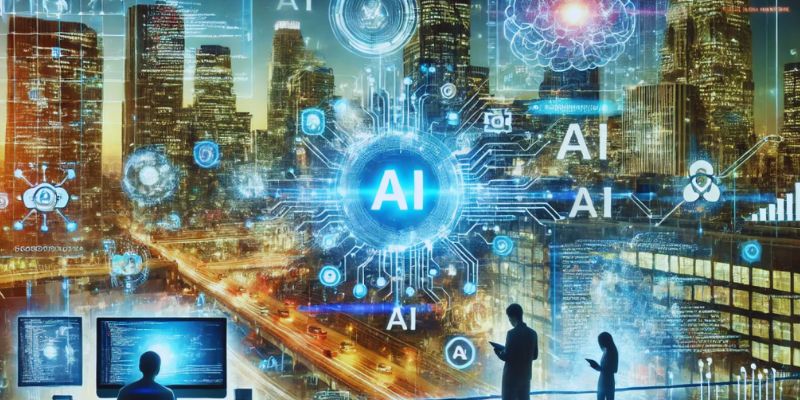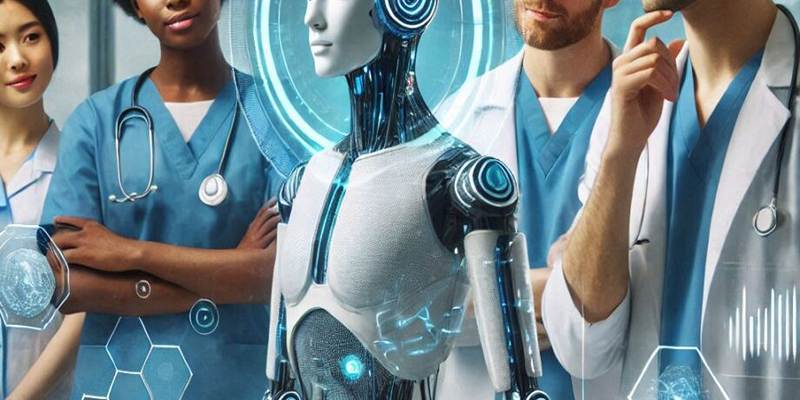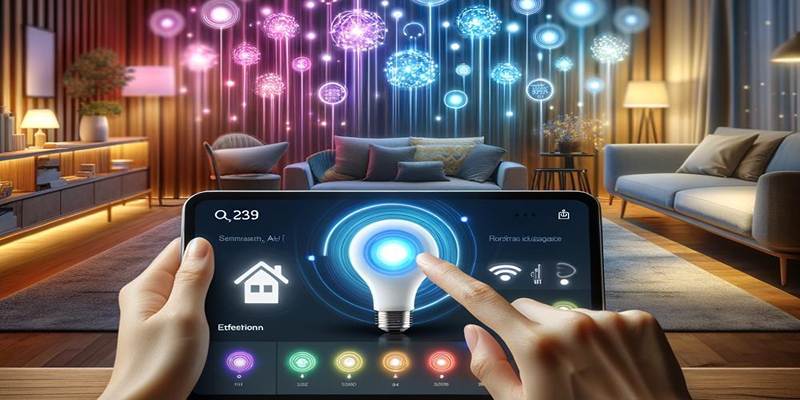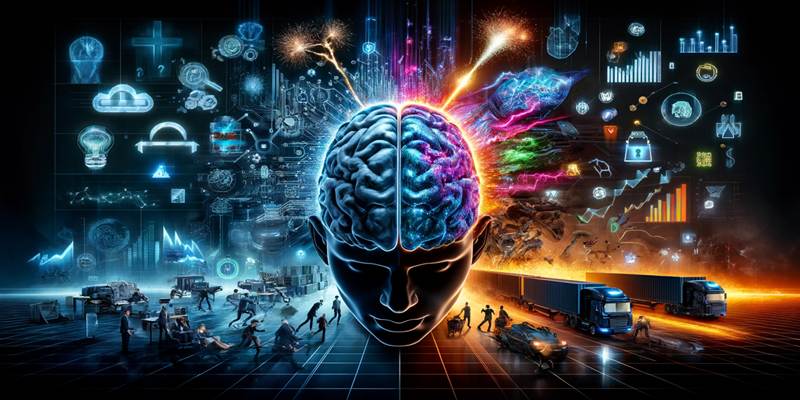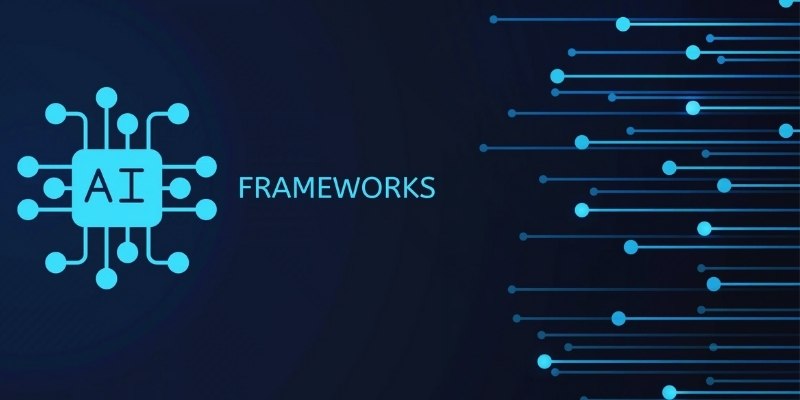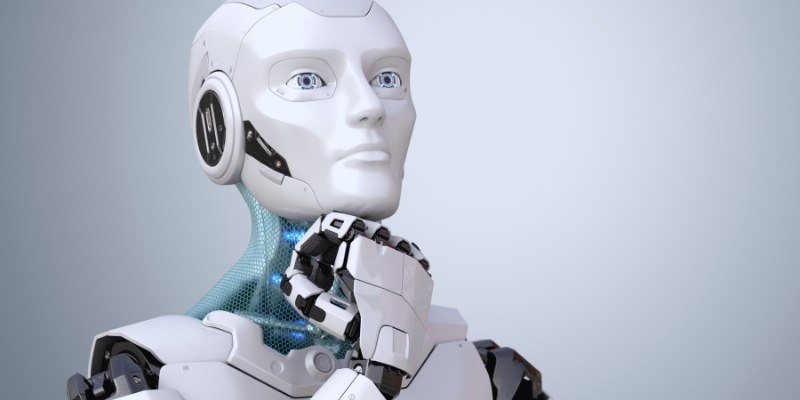Clinical reasoning plays a vital role in healthcare. It helps doctors understand a patient's condition, decide on a diagnosis, and plan the best treatment. However, even skilled professionals can face challenges when dealing with complex cases, time pressure, or vast amounts of medical data.
Artificial Intelligence (AI) is now stepping in to support these challenges. With its ability to process data quickly, recognize patterns, and offer helpful suggestions, AI is taking clinical reasoning to the next level — not by replacing doctors but by empowering them with smarter tools.
What Is Clinical Reasoning and Why It Matters
Healthcare professionals use clinical thinking to look at a patient's symptoms test results, and decide what the best course of action is. Science and judgment based on what you know, what you've done in the past, and the facts you have access to are both involved. One small mistake in this line of thinking could cause a wrong diagnosis or a delay in care, both of which could put the patient at risk. Here's where AI can help even more.
How AI Works in Clinical Reasoning
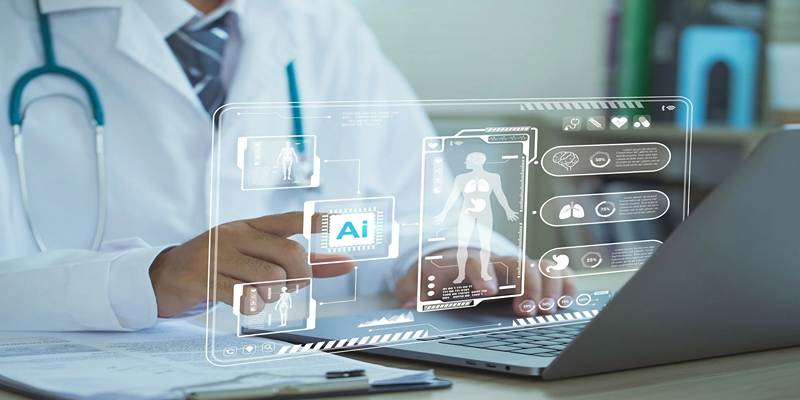
AI in healthcare learns from a huge amount of medical data, such as lab results, medical images, patient records, and study studies. AI can find patterns and make predictions, often in seconds, after being taught.
Here’s how AI supports clinical reasoning:
- Data Sorting: AI quickly scans large volumes of patient data to highlight what matters most.
- Pattern Recognition: AI can find connections between signs and diseases that a person might miss at first.
- Predictive Insights: It offers suggestions about possible diagnoses or risks based on past cases.
- Learning Over Time: AI systems keep improving as they receive more real-world data.
Real-World Applications of AI in Clinical Reasoning
AI tools are already being used in many areas of healthcare. One key application is diagnostic support, where AI helps doctors by narrowing down possible conditions based on the symptoms, test results, and medical history.
Example 1: Radiology and Imaging
AI has been successfully used to analyze X-rays, MRIs, and CT scans. In some studies, AI has detected lung cancer nodules and brain abnormalities with a similar or higher accuracy than radiologists.
Example 2: Dermatology
AI tools trained on thousands of skin images can now identify signs of melanoma or other skin conditions, giving doctors more confidence in their evaluations. These tools don’t replace specialists — instead, they provide a “second set of eyes,” especially in time-sensitive or complex cases.
Clinical Decision Support Systems (CDSS)
A growing area of interest is the use of Clinical Decision Support Systems (CDSS). These are AI-powered platforms that assist doctors during the reasoning process.
CDSS can:
- Alert providers about possible medication interactions
- Recommend tests or treatment options based on patient data
- Flag high-risk patients based on lab trends or symptoms
Such tools improve consistency in care and help reduce oversights, especially in busy hospital settings.
Benefits of AI in Clinical Reasoning
AI provides many advantages for clinical reasoning, including:
- Faster Decision-Making: AI can analyze results instantly, helping providers act more quickly.
- Reduced Errors: AI supports accurate diagnoses by minimizing human mistakes.
- Personalized Treatment: With access to vast patient databases, AI can suggest treatments tailored to individual cases.
- Enhanced Collaboration: AI platforms allow multiple professionals to access and review patient data together.
- Better Patient Outcomes: All of this leads to more informed decisions, better care, and improved health outcomes.
Challenges of Using AI in Clinical Reasoning
Even though AI offers great promise, there are still some challenges to consider:
- Data Quality and Bias: If the AI is trained on limited or biased data, it may give flawed suggestions.
- Lack of Context: AI doesn’t fully understand human emotions, social conditions, or patient preferences.
- Ethical Concerns: Decisions made with AI must still respect patient consent and privacy.
- Dependence on Technology: Healthcare professionals must ensure they don't become too reliant on AI.
For these reasons, AI should be seen as a supportive tool — not the final decision-maker.
How AI and Human Intelligence Work Together

AI works best when combined with human clinical reasoning. Doctors can use AI to gather insights, but they still apply their knowledge, experience, and empathy when making final decisions.
This collaboration allows for the best of both worlds:
- AI brings speed, accuracy, and consistency.
- Doctors bring understanding, judgment, and human connection.
Together, they provide better care and reduce risks in inpatient treatment.
Key Use Cases of AI in Clinical Reasoning
Below are some real-world use cases showing how AI supports clinical reasoning:
- Triage in Emergency Rooms
AI helps prioritize patients based on severity and symptoms. - Chronic Disease Management
AI tracks patient trends and recommends treatment adjustments for diabetes or heart disease. - Mental Health Screening
AI chatbots and tools assist in detecting depression or anxiety based on language use and behavior. - Drug Prescription Safety
AI alerts providers to possible drug interactions or allergies based on patient records.
Conclusion
AI is changing how clinical reasoning is performed in modern healthcare. By helping doctors sort through data, recognize patterns, and make informed choices, AI enhances the decision-making process at every level. Still, clinical reasoning is not just about data — it's about understanding people. That’s why AI should always work alongside human professionals, not instead of them. When used wisely, AI has the power to improve care, reduce mistakes, and give healthcare workers the tools they need to do their jobs better. As technology continues to grow, AI will play an even greater role in shaping the future of medicine — helping clinicians reason smarter, faster, and with greater precision than ever before.
